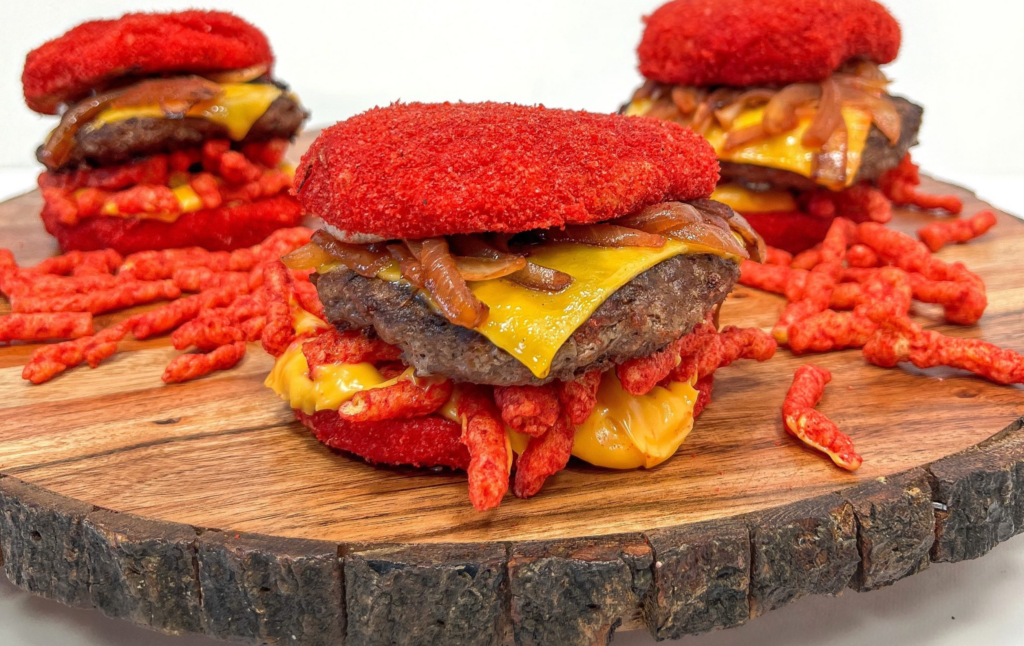One of the tenets of common sense that transcends travel hacking, miles and points, and churning is “if something seems too good to be true, it probably is“. To an untrained eye, it’s good advice and will probably keep you out of a tight spot.
If however you’re skilled in a particular field, the general advice can fall flat on its face and hold you back. In travel hacking and churning, there are currently and there have been plenty of examples that you’d miss out on if you thought they were too good to be true, like:
– Earning 24% back when buying Visa gift cards at home
– Earning tens of millions of Delta SkyMiles for buying money orders with a real bank debit card
– Getting enough cash to buy a new Subaru for adding employees to your account
– Paying a credit card’s bill with another credit card
– Flying to Europe in business class for 15,000 miles
– Buying airline miles at or below 0.5 cents a piece, in seemingly unlimited quantities
– Getting millions of AA miles with rapid card churning without paying annual fees
So, don’t let the idea of too good to be true prevent you from running a few tests when you’re a subject matter expert, instead, protect yourself and always be probing. Also, try not to visibly wince like I do when someone says “if a deal is too good to be true, it probably is”, it’s bad form.

Frat boy Chad said that Flamin’ Hot Cheeto cheeseburgers were too good to be true, and this, err, exists.